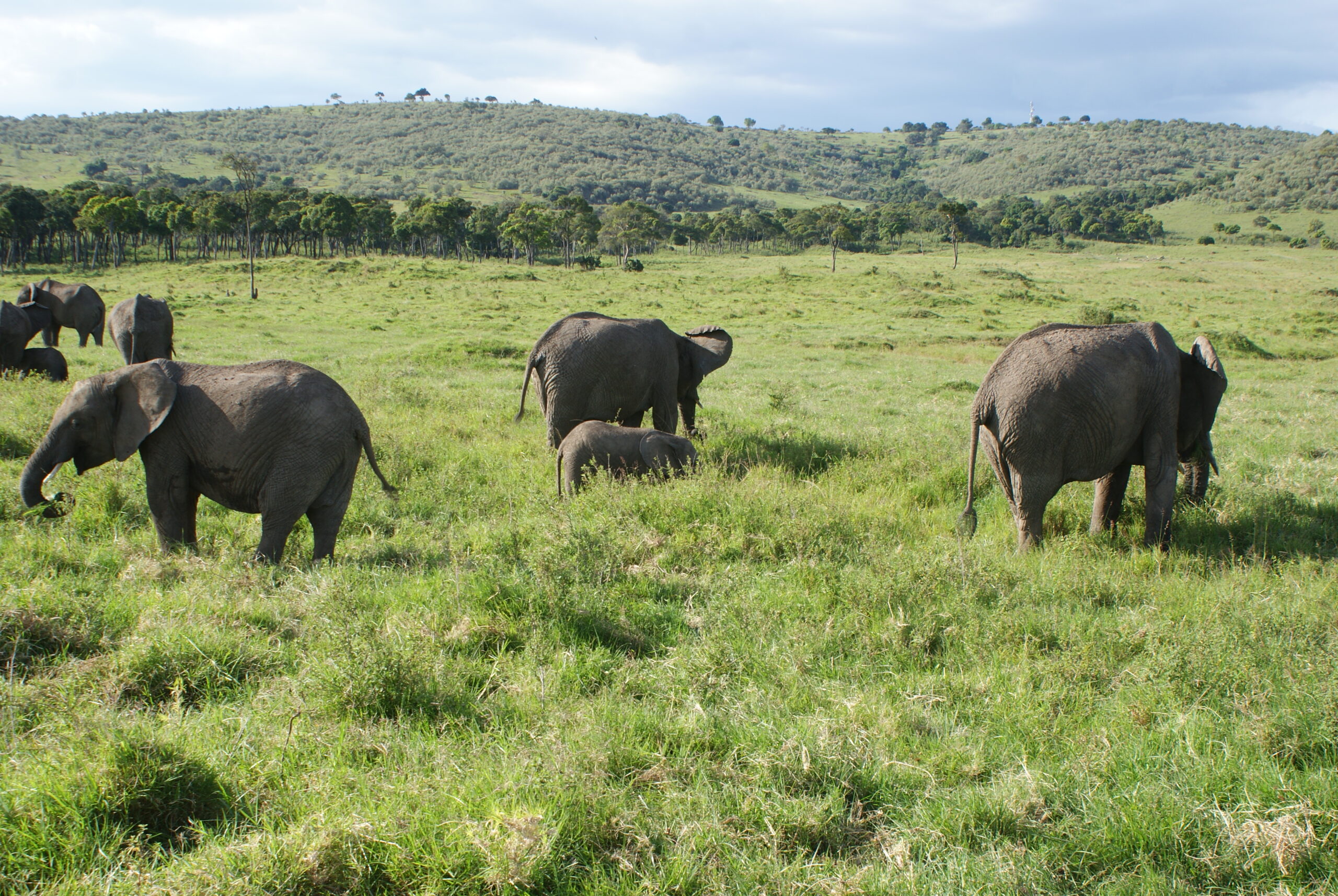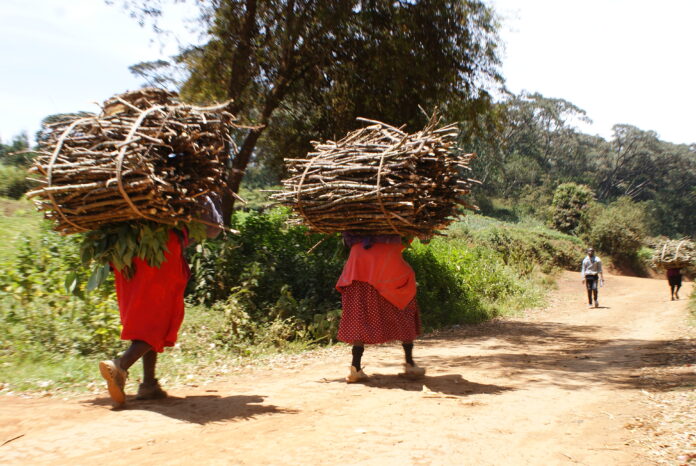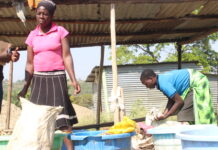By David Njagi
Bantu Mountain Lodge, nestled on the western flank of Mount Kenya, is a renowned retreat attracting both local and international tourists. However, it is gaining fame for another reason: as the birthplace of a movement advocating for the integration of customary laws into Kenya’s conservation efforts.
The lodge serves as a meeting point for local communities, conservationists, policymakers, and development stakeholders to analyze the shortcomings of Kenya’s conservation strategies. More importantly, it is a place to explore solutions to the ongoing destruction of the nation’s forests, water sources, and wildlife.
“This is a training ground where generational knowledge of traditional conservation practices is shared across groups and generations, helping to address and identify the root causes of today’s conservation crisis,” said Mathenge Wa Iregi, an elder spearheading the initiative in partnership with the Ngaatho Community Foundation.
Weaknesses in current conservation models
Critics argue that Kenya’s current legal framework for conservation lacks clarity, leaving room for exploitation. Ambiguities in the law make enforcement inconsistent, while powerful interests often manipulate the system to their advantage.
These loopholes have enabled land grabbing in conservation areas, commercial exploitation of forests, and illegal trafficking of rare indigenous species. International corporations have also taken advantage of the weak legal system to exploit Kenya’s genetic resources without fair compensation.
Mathenge believes that adopting cultural values and customary laws could address these issues. These traditional frameworks are characterized by their focus on educating communities about the rationale behind rules, the consequences of breaking them, and the processes for reparations.

“Customary laws provide clear guidance on what must be done and why. For instance, if you are prohibited from cutting down a fig tree, you are also told that it is sacred because it serves as a place for rites, worship, and thanksgiving,” he explained.
A historical perspective
For centuries, customary laws helped Kenyan communities live in harmony with nature and each other. These laws promoted sustainable practices such as conserving wildlife by encouraging the consumption of domesticated animals instead of game meat.
Forests were considered sacred spaces, valued for their provision of essential resources such as water, food, medicine, and fuel, as well as their spiritual significance. Encroaching in these areas was forbidden. Additionally, customary laws addressed societal vices such as theft, witchcraft, violence, and idolatry, reinforcing social cohesion and environmental stewardship.
However, the erosion of these practices began during Kenya’s colonial period. British colonial rulers introduced a legal system that prioritized exploitation over conservation. Forests were extensively logged to supply timber for colonial infrastructure in Kenya and export to the United Kingdom.
When colonial rule ended, Kenya’s post-independence elite perpetuated the commercialization of timber. Unlike the colonial government, which imposed limits on logging, the new ruling class indiscriminately felled trees, including those along riverbanks, leading to water pollution and evaporation.
“Colonial rulers had limits on timber extraction, but the independent Kenyan elite did not. Their appetite for profit knew no bounds,” said Mathenge.
The role of community action
Despite government restrictions on forest access, illegal logging persists, often linked to political and business elites. Activists have criticized the recent lifting of the logging ban by Kenya’s government, describing it as a significant threat to the country’s forests.
To combat deforestation, community groups working with the Ngaatho Community Foundation, in partnership with the African Biodiversity Network, are advocating for the integration of customary laws and cultural values into Kenya’s conservation model.
Mathenge emphasizes the importance of a collaborative approach involving government, opinion leaders, research institutions, universities, and youth and women’s groups.
“We need everyone to be part of this new approach to conservation. It is the only way Kenya can address the politicization and commercialization of its forests,” he said.
Ngaatho Community Foundation, a partner of the African Biodiversity Network in Kenya, collaborates on environmental health initiatives and works to strengthen community resilience against both known and emerging risks.














